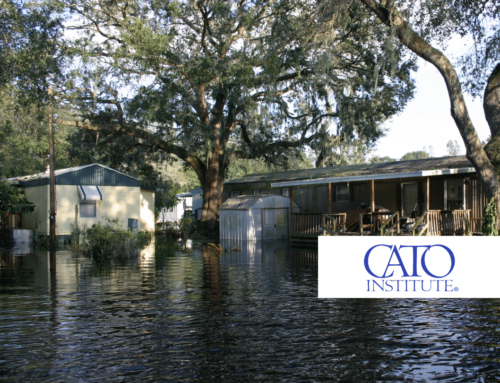Washington, DC – Barge traffic on the Mississippi River and Illinois Waterway continues to decline, according to new Army Corps of Engineers data released today by Public Employees for Environmental Responsibility (PEER) and Taxpayers for Common Sense.
Corps figures show further reductions in the number of barges processed through locks on these rivers during 2000 and 2001. These declines extend a now over decade long trend of reduced barge traffic on the rivers. Despite these sagging numbers, the barge industry is now lobbying Congress to authorize and finance expensive new locks for the Upper Mississippi River and Illinois Waterway System and for continued financing of the Industrial Canal Lock replacement project in New Orleans.
“The Army Corps is planning more than $2 billion in projects to accommodate a projected increase in barge traffic that is totally nonexistent,” commented PEER Executive Director Jeff Ruch, whose organization represents Corps economists that have questioned the objectivity of Corps analyses of the need for these projects. “Despite undeniable, long-term declines in real barge traffic, the Corps clings to fanciful forecasts predicting traffic levels will 'double or triple in tonnage in the next twenty years.'”
During the ten-year period from 1992 through 2001 the number of barges processed annually at Locks 20-25 (the most utilized locks) on the Upper Mississippi River has fallen more than 20 percent. At New Orleans' Inner Harbor Lock, barge traffic has fallen more than 33 percent in the past decade. Only on the Illinois Waterway has traffic managed to even maintain the levels reached over a decade ago.
“With ballooning federal deficits, there is no need for the federal government to be investing in loser projects,” said Jeff Stein, Senior Policy Analyst at Taxpayers for Common Sense, a national taxpayer advocacy organization. “With river traffic plummeting, it makes much more sense for the nation to invest in less expensive alternatives to manage barge traffic in the 21st century.”











Get Social